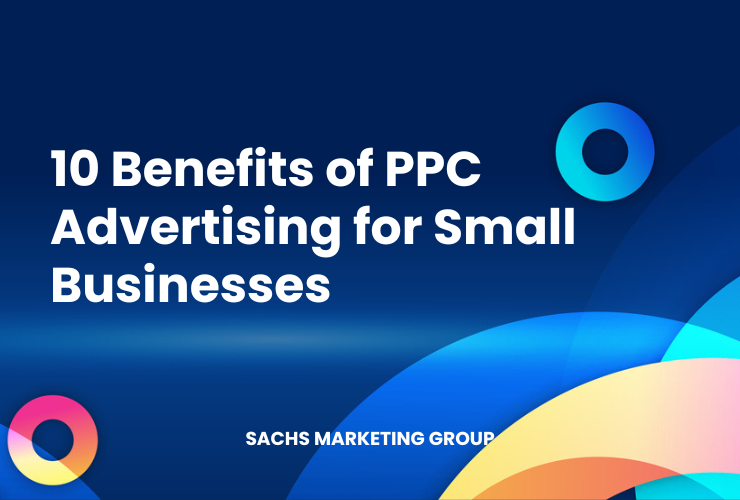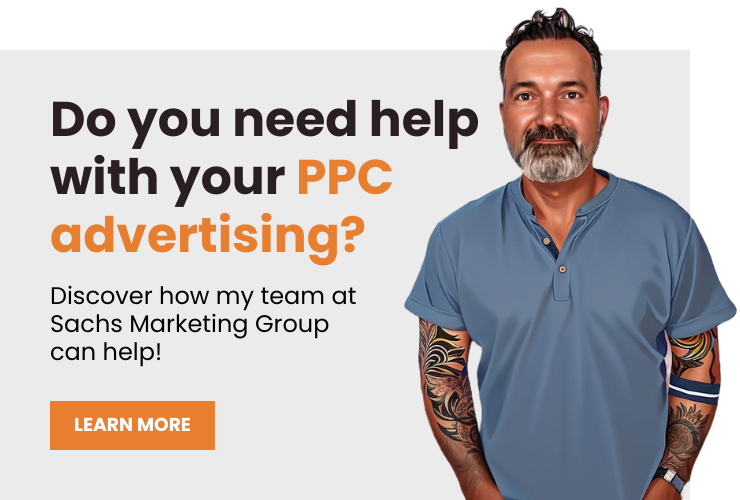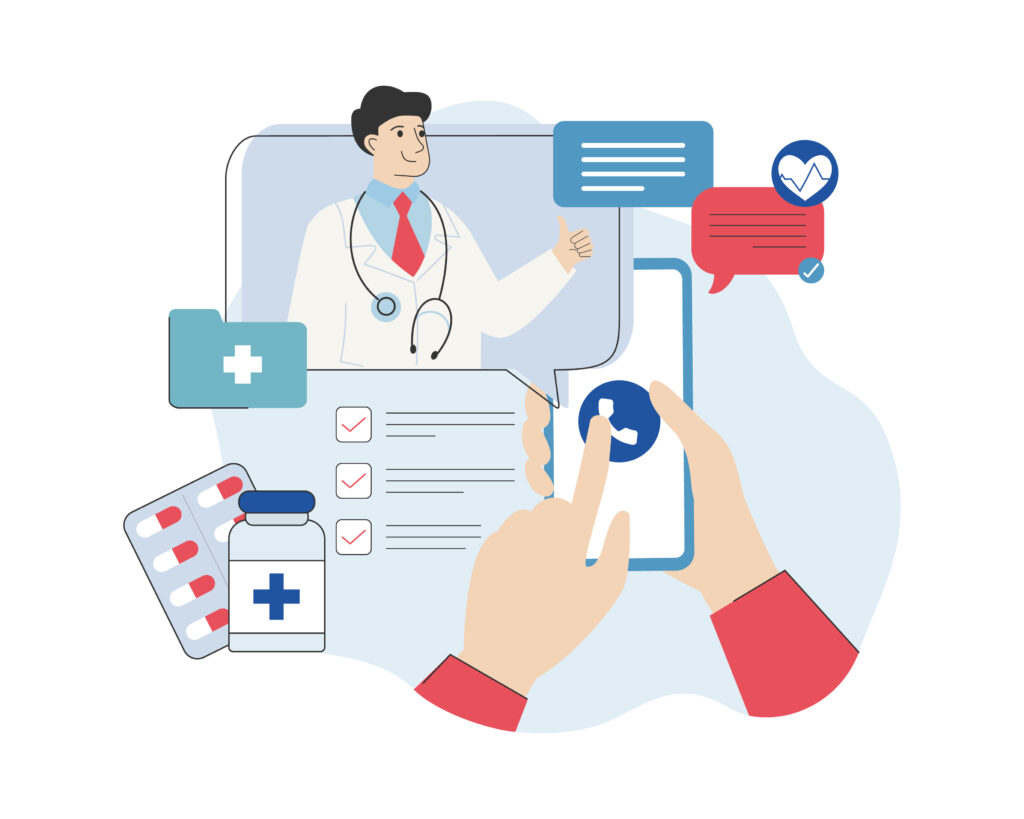Pay-per-click (PPC) advertising allows businesses to place ads on platforms, paying a fee only when the ad is clicked. It offers quick, measurable results and allows precise targeting of audiences, making it a powerful tool for small businesses.
In the crowded digital marketplace, small businesses often struggle to gain visibility and reach their target audience. Traditional advertising methods can be costly and inefficient, leading to wasted resources and missed opportunities.
Pay-per-click (PPC) advertising addresses these challenges by allowing precise targeting and control over advertising costs. You only pay when someone clicks on your ad, avoiding unnecessary expenses.
By adopting PPC advertising, businesses can achieve fast, measurable results, connect with local customers, and build brand recognition. Its flexibility and rich functionality enable businesses to tailor their advertising strategies, ensuring they reach the right people at the right time.
In this article, we’re sharing 10 benefits of pay-per-click advertising for small businesses.
Overview
Benefits of Pay-per-click Advertising
Pay-per-click advertising offers a plethora of benefits that can significantly contribute to your business growth. From immediate results to precise targeting, PPC could be the game-changing strategy your business needs.
Here are 10 benefits of pay-per-click advertising:
1. Fast Results
One of the standout benefits of Pay-Per-Click (PPC) advertising is the immediate results it can yield. Unlike traditional advertising channels, which may require weeks or even months to show significant impact, PPC campaigns can start driving traffic as soon as they are launched. This speed can be crucial for small businesses looking to get a quick start in a competitive market or capitalize on time-sensitive opportunities.
Example: A small online boutique that sells handmade crafts decided to launch a PPC campaign for a holiday season. Within a few hours of setting up the campaign, they started to see increased traffic to their website and made immediate sales, capturing customers looking for unique holiday gifts. The fast results enabled them to maximize revenue during a key shopping period.
2. Measurable Results
PPC advertising not only delivers fast results but also provides comprehensive and measurable data on those results. Small businesses can track exactly how many times their ads were viewed, clicked on, and what actions were taken after a click. This data can then be analyzed to understand ROI, conversion rates, and more, allowing for continuous optimization of the campaign.
For example, a local family-owned restaurant struggling with visibility started a PPC campaign to promote a new menu. By tracking clicks, views, and subsequent reservations made through the PPC ads, they were able to identify which dishes were most appealing to their target audience. The measurable results guided them in making menu adjustments and fine-tuning their advertising strategy, leading to increased bookings and customer satisfaction.
3. No Dependency on SEO or Google Algorithmic Changes
Pay-per-click (PPC) advertising operates independently of SEO efforts or Google’s frequent algorithm updates. While SEO strategies require continuous tweaking to keep up with algorithm changes, PPC campaigns are immune to such fluctuations. This means that a well-optimized PPC campaign can continue to drive targeted traffic even if your website’s organic search rankings fluctuate. The immediate and consistent results that PPC provides make it an attractive option, especially for new or small businesses that may not have the resources to constantly monitor and adapt to SEO changes.
SEO is undeniably vital for long-term online success, but it’s a long and often challenging process. The dependency on algorithmic changes can sometimes hinder a business’s ability to generate quick results. PPC fills this gap by providing immediate visibility and a steady influx of targeted traffic. It allows businesses to establish a solid online presence while concurrently working on their long-term SEO strategy, without the fear of being negatively impacted by sudden algorithm updates.
4. Reach the Right Audience
PPC advertising offers unparalleled targeting capabilities that allow businesses to reach their desired audience with pinpoint accuracy. Whether you want to target an audience in a specific geographical location, of a particular age group, or with certain interests and behaviors, PPC allows for detailed segmentation. You can even schedule your ads to appear at specific times of the day when your target audience is most active online.
For example, if you run a local bakery and want to attract customers who live within a 10-mile radius, you can set your PPC ads to only display to users within that area. Similarly, if your products are aimed at a particular demographic, such as working professionals, you can optimize your ads to be shown during their peak browsing hours. This level of control ensures that your advertising budget is spent effectively, reaching only those who are most likely to be interested in your products or services. By targeting the right audience, you not only increase the chances of conversion but also enhance the overall user experience by delivering relevant content to the right people at the right time.
5. Take Advantage of Business Opportunities
Pay-per-click (PPC) advertising allows businesses to seize emerging opportunities in the marketplace. Through immediate and highly targeted campaigns, PPC helps you reach customers who are actively looking for products or services similar to yours. This readiness to act means you can:
- React Quickly: Launch campaigns in response to industry trends, competitor activities, or sudden market changes.
- Target Niche Markets: Identify and connect with specific segments that might be overlooked with traditional marketing.
- Promote Time-Sensitive Offers: Push limited-time deals or seasonal promotions to engaged audiences.
- Test New Products or Services: Gauge interest and gather data on new offerings without committing to extensive marketing expenses.
6. Brand Recognition
Enhancing brand recognition is a critical part of building a loyal customer base. PPC advertising helps in putting your brand in front of the right people, ensuring that your business becomes a known entity in your industry. With strategic PPC campaigns, you can:
- Increase Visibility: Your brand appears in prominent positions in search results, ensuring more eyes on your business.
- Build Consistent Messaging: Maintain uniformity across various channels and touchpoints to reinforce brand identity.
- Leverage Remarketing: Remind previous visitors about your brand by displaying ads on other sites they visit, fostering recall and recognition.
- Showcase Brand Values: Utilize ad copy and visuals that align with your brand’s ethos and values, creating a cohesive and trustworthy image.
7. Open Your Doors to Local Customers
Pay-per-click (PPC) advertising has become an incredibly effective tool for small businesses looking to connect with local customers. By using geotargeting features in PPC campaigns, businesses can tailor their advertisements to specific locations. This means that a home services provider in Thousand Oaks can create targeted ads to appear only to users within a certain radius of its location in Thousand Oaks, ensuring that the ads are seen by potential customers in the area.
The advertisements can be made even more effective with location-specific offers and information, such as local specials or directions to the café. In doing so, the café opens its doors to local customers, turning online interactions into real-world visits, fostering community engagement, and boosting sales.
8. Budget Friendly
One of the most appealing aspects of pay-per-click advertising is its budget-friendly nature. Unlike traditional advertising channels that require significant upfront costs, PPC allows businesses to set their own budget and control their spending.
You can decide how much you’re willing to pay per click and set daily, weekly, or monthly budgets to prevent overspending. This flexibility in budgeting makes it an attractive option for businesses of all sizes, especially those with limited marketing funds. Moreover, since you only pay when someone clicks on your ad, the return on investment can be closely monitored and optimized. If a campaign isn’t performing well, you can make real-time adjustments without incurring additional costs. This level of control and adaptability ensures that your advertising budget is spent efficiently, maximizing your returns.
9. It’s a Great Tool to Test Your Marketing Strategies
Pay-per-click (PPC) advertising stands out as a valuable tool for testing various marketing strategies. Unlike traditional marketing channels that often require a long-term commitment, PPC campaigns can be set up quickly and adjusted in real-time. This adaptability allows businesses to experiment with different ad copies, keywords, and targeting options without significant risk or expenditure.
With PPC, you can A/B test different versions of ads to see which resonates best with your target audience. By analyzing which ads generate the most clicks and conversions, businesses can glean insights that can be applied to other marketing efforts. This iterative process of testing and learning creates a robust feedback loop, allowing for continuous improvement and refinement of marketing strategies. Ultimately, the agility provided by PPC means that it is not just an advertising channel, but a marketing laboratory where innovative strategies can be developed and perfected.
10. Rich Functionality and Reporting
PPC advertising platforms, especially those like Google Ads, offer rich functionality and reporting options that empower businesses to make informed decisions. Every click, impression, and conversion can be tracked and attributed to specific ads, keywords, or targeting settings. This granular data provides an unprecedented view into customer behavior and the performance of different campaign elements.
These insights are not just about numbers; they tell a story about what works and what doesn’t in your advertising strategy. The ability to segment data by demographics, geography, device type, time of day, and more offers a multi-dimensional view of campaign performance. Businesses can leverage these insights to optimize their ads, improve targeting, and improve PPC ROI.
Moreover, the reporting tools are highly customizable, allowing marketers to create dashboards and reports that align with their specific needs and goals. By connecting PPC data with other analytics tools, a comprehensive understanding of the customer journey can be developed. This rich functionality turns PPC from a mere advertising tool into a strategic asset, driving smarter decision-making and more effective marketing.
Need Help with Your Pay-Per-Click Advertising?
Are you eager to explore PPC but unsure where to start? Sachs Marketing Group is here to help!
Our team of PPC experts can help you navigate the complex world of PPC advertising. Allow us to create a tailored PPC advertising campaign that meets your goals and budget, and watch your business soar to new heights.
Contact Sachs Marketing Group to discover how we can help manage your PPC advertising for your business.
Conclusion
The benefits of Pay-Per-Click advertising are manifold, especially for small businesses looking to grow. From quick results and measurable outcomes to budget flexibility and precise targeting, PPC is a robust tool in the modern marketing arsenal. Leveraging these advantages can propel your business forward, creating opportunities and building a solid foundation for success.
Contact us today to get the conversation started!













